Classroom of Excellence Overview
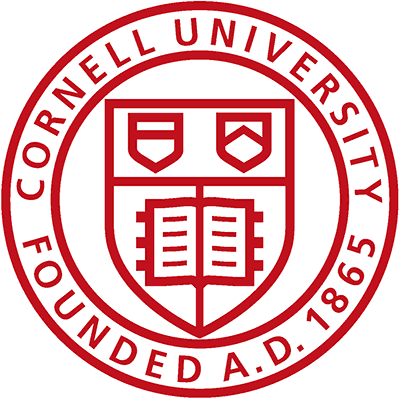
Cornell University is an Ivy League University located in Ithaca, New York, United States. Classroom of Excellence at Cornell is dedicated to training faculty members and instructors from around the world on a range of popular and cutting-edge neuroscience techniques. Participants have come from all around the USA as well as internationally. Enhancing student coursework while effectively demonstrating principles in undergraduate neuroscience are the primary goals of the Classroom of Excellence.
ADInstruments and the Classroom of Excellence are committed to promoting diversity in neuroscience research and education. Each year, ADInstruments sponsors scholarships aimed at supporting educators around the world who are leading efforts to increase opportunities for underrepresented minorities in Science, with the award including registration to Crawdad or CrawFly workshops.
At the beginning of each year (Jan/Feb) ADInstruments and Cornell University co-host an intensive multi-day workshop based on the original NSF-funded Crawdad Project. We're proud to offer all course participants expert hands-on instruction from Cornell's Ron Hoy, Bruce Johnson, and Emory's Bob Wyttenbach, who have extensive experience teaching neurophysiology. We also make sure each course is equipped with the latest ADInstruments hardware and software. We explore concepts such as synaptic connectivity and plasticity, ionic basis for membrane and action potentials, evolution of excitability and many more, with hands-on exercises and user-friendly software helping workshop participants focus more on the science behind their data, and less on data acquisition per se.
A more extensive course is available mid-year that includes methods in neuro-electrophysiology as well as optogenetic approaches using Drosophila melanogaster. This is a comprehensive 5 day workshop, co-hosted by ADInstruments and Cornell University. In addition to Crawdad course instructors, Drosophila neurobiologists Karen Hibbard (Janelia Research Campus) and Illya Vilinsky (University of Cincinnati) demonstrate student friendly exercises based on optogenetic and thermogenetic activation of neural circuits in Drosophila. Attendees will try these protocols as well as techniques to visualize the Drosophila nervous system using fluorescent microscopy. Additional experts and keynote speakers are invited to present unique teaching models that may be of use in your neurophysiology classroom.

ADInstruments' Brandon Bucher demonstrates LabChart
"I am planning to represent CrawFly program not only in my University, Hospital and Center, but also in different universities in Georgia. I'll share my knowledge, as well as the valuable consultation I got from workshop, which is a very important event in my future teaching/research career."
Irma Khalachidze
Caucasus University, Tbilisi, Georgia
Instructors
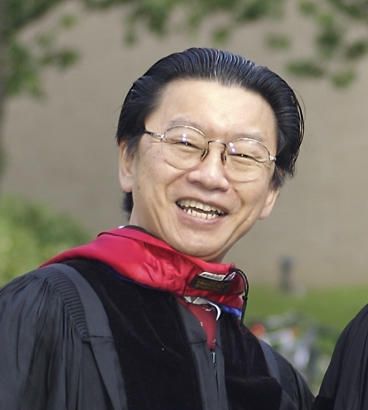
Dr. Ron Hoy
Professor, Cornell University
Dr Hoy studies the neuroethology of acoustic communication in insects with the NB&B department at Cornell. This includes a study of the biophysics and neurophysiology of hearing, as well as an analysis of the behavioral response to salient acoustic signals. Under his leadership the multimedia rich Crawdad Project was developed at Cornell to the benefit of invertebrate neurobiology focused educators everywhere and formed the framework for educator workshops and curriculum development across North America including the Classroom of Excellence.
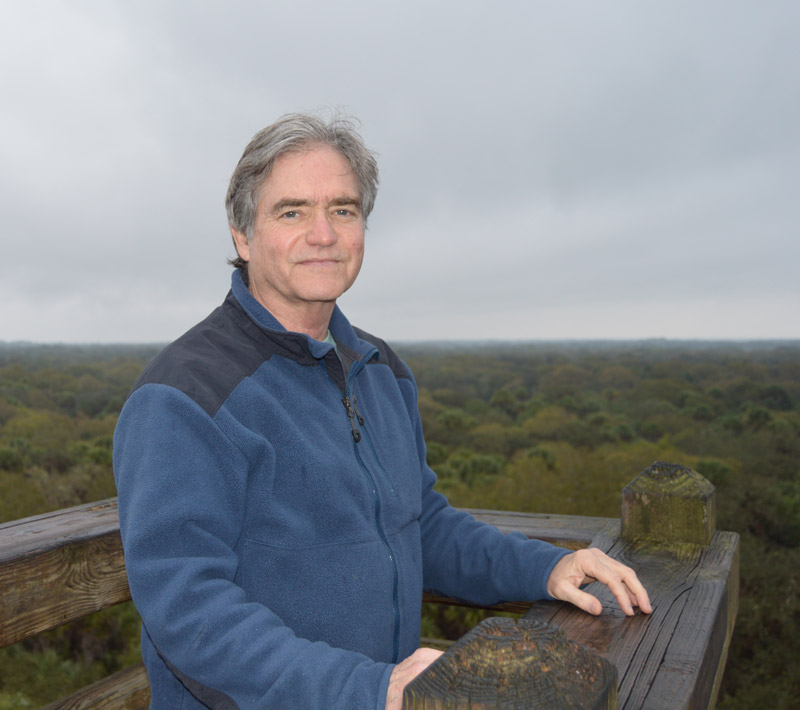
Dr. Bruce Johnson
Senior Research Associate, Cornell University
Dr Bruce Johnson is currently a Senior Research Associate with the Harris-Warrick Lab in the Department of Neurobiology and Behavior at Cornell University. Bruce under the guidance of Dr. Ron Hoy hosted the first series of NSF-funded Crawdad workshops and has an extensive background in neurobiology research and education from his past and current affiliations with the MBL, Shoals Marine Lab, PKAL and FUN.
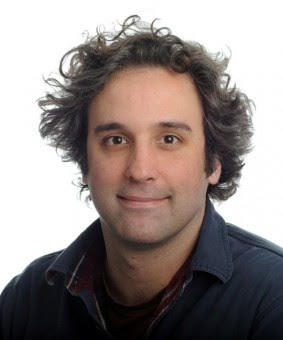
Dr. Stefan Pulver
Lecturer, School of Psychology and Neuroscience, University of St Andrews, UK
Stefan obtained his Ph.D. at Brandeis University where he studied motor control in lobsters and fruit flies. As a postdoc at Cambridge University, and then as a Junior Fellow at HHMI's Janelia Research Campus, Stefan studied development and function of central pattern generators controlling locomotion in Drosophila larvae. Stefan is now continuing this line of work as a Lab head at the University of St. Andrews, in Scotland. In addition to his research work, Stefan has also focused on making cutting-edge research tools in Drosophila neurogenetics accessible for educators, students, and laypeople.
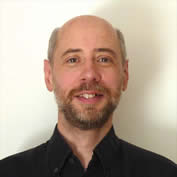
Dr. Robert Wyttenbach
Senior lecturer in Neuroscience and Behavioral Biology, Emory University
Bob Wyttenbach is a senior lecturer in Neuroscience and Behavioral Biology at Emory University. He has spent much of the last 15 years developing educational materials in neurophysiology, perception, and animal behavior. His research interest is insect hearing.
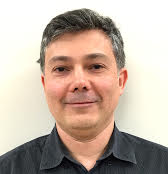
Dr. Ilya Vilinsky
Educator Associate Professor, University of Cincinnati
Dr. Ilya Vilinsky obtained his PhD at Cornell University, where he studied the mechanisms of synaptic transmission using the tools of Drosophila genetics. Currently, he is director of the Undergraduate Neuroscience major at the University of Cincinnati, where he teaches neurobiology and electrophysiology. A key goal of his program is to develop teaching techniques integrating modern molecular genetics with neuronal physiology. He has participated in FUN summer workshops, demonstrating electroretinography on Drosophila and other invertebrates as a teaching tool for neurophysiology labs.

Dr. Karen L. Hibbard
Fly Facility Lead for Lab and Visitor Projects
Dr. Karen Hibbard is currently a Research Specialist in the Shared Resource Fly Facility at HHMI’s Janelia Research Campus where she has worked since 2006. As a graduate student at The University of Notre Dame, Karen studied genes that affected the maturation and transport of Rhodopsin in Drosophila. At Janelia, she generates complex transgenic Drosophila stocks and teaches Drosophila genetics to researchers. She also coordinates the utilization of fly facility personnel and resources to fulfill the needs of researchers and their projects.

Dr. Patrick Sonner
Instructor and Director of Undergraduate Neuroscience Education, Wright State University
Dr. Patrick Sonner obtained his Ph.D. at Wright State University where he studied central nervous system control mechanisms for cardiovascular regulation under normal and hypertensive conditions. During his postdoc, Patrick proceeded to study the development of spinal circuits that regulate locomotion. Patrick was recently hired as a faculty member at Wright State University and is focusing on developing the curriculum and courses for a new undergraduate neuroscience major. Patrick is an alumni of the CrawFly workshop and will be overseeing the LinkedIn group for CrawFly/Dad alumni.
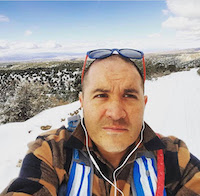
Ulises M. Ricoy, Ph.D.
Associate Research Scientist, Faculty Director, NSCS
I am trained in Neurobiology (behavior, physiology). My doctoral dissertation studied neuroanatomical substrates of drug (Methamphetamine) reward (Hippocampus). My postdoctoral training examined cellular mechanisms underlying (pre)synaptic inhibition on central synapse dynamics. Understanding how neurons encode and compute information is fundamental to the study of the brain, but opportunities for hands-on experiences with such techniques on live neurons are rare in science education. For the past decade, I have used my formal training to explore low-cost and hands-on approaches (using invertebrates) in neuroscience to explore behavioral and physiological questions (learning and memory, locomotor activity, drug-seeking, drug reward) with undergraduates. Broadening access in Neuroscience to historical underserved populations via low cost approaches has been the vision of my past and current interests.
"The workshop exceeded even my high expectations. Not only was I able to learn multiple preps in the crawdad and snail to illustrate important principles in physiology, but I was able to make strong connections with faculty from all around the country that will help improve my teaching for years to come. I am grateful for having had the opportunity to partake in the workshop, as the skills and the knowledge I've gained will be a great asset for me down the road."
Joost Monen
Cornell University
2015 Curriculum
Introduction to Passive Membrane Properties
Current flow in model neurons
Organization of a Small Motor System
Extracellular recording of spontaneous and reflex motor activity; neuroanatomy of a motor system
Action Potential Speed
Extracellular recording for conduction velocity measurements from multiple axons simultaneously
Motor Pattern Generation
Extracellular recording of a rhythmic motor pattern generator; timing and phasing of neural activity
The Membrane Battery
Intracellular recording to examine the ionic basis of the resting potential
Current Events
Intracellular recording of electrical excitability in snail brain neurons; pharmacological dissection of ionic currents underlying neuronal activity
Comparative Excitability
Intracellular recording of a plant action potential
Synaptic Connectivity
Simultaneous extracellular nerve and intracellular muscle recording to match pre - and post-synaptic potentials
Synaptic Plasticity
Simultaneous presynaptic nerve stimulation and intracellular synaptic potential recording to examine short-term, intrinsic synaptic plasticity
Response Properties of a Model Sensory System
Extracellular recording from a muscle receptor organ
Principles of Neurogenetics (June CrawFly Workshop only)
Visualization of the Drosophila nervous system and muscle innervation using the GAL4-UAS system and Green Fluorescent Protein
Remote control of neural circuits in behaving animals (June CrawFly Workshop only)
Optogenetic and thermogenetic activation of neural networks using channelrhodopsin-2, TRPA1 and the GAL4-UAS system, behavioral and physiological recordings
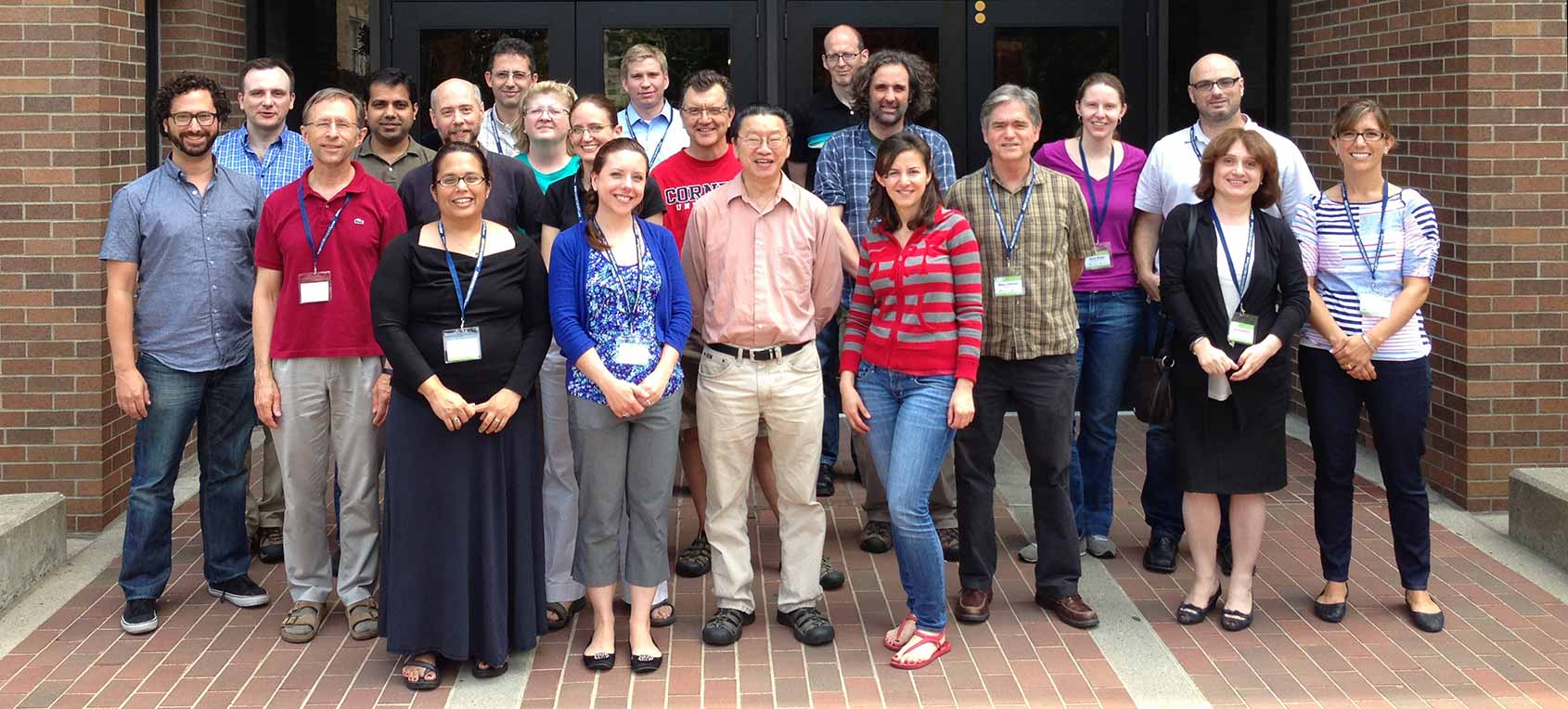
Participants from an ADInstruments CrawFly workshop:
Adam Weaver, Tariq Ahmad, Tracy Hodgson, Veronica Acosta, Irma Khachidze, Erik Zornik, Yehuda Ben-Shahar, Jennifer Taylor, Katy Lack, Samantha Larimer Bousquet, Bruce Chase, Sarah Blythe, and Jorge Molina Escobar. Course instructors: Ron Hoy, Bruce Johnson, Bob Wyttenbach, Stefan Pulver, Jimena Berni, Wes Colgan, and Brandon Bucher
"The workshop exceeded even my high expectations. Not only was I able to learn multiple preps in the crawdad and snail to illustrate important principles in physiology, but I was able to make strong connections with faculty from all around the country that will help improve my teaching for years to come. I am grateful for having had the opportunity to partake in the workshop, as the skills and the knowledge I've gained will be a great asset for me down the road."
Joost Monen
Cornell University
ADInstruments Neuroscience Educator Scholarship
The ADInstruments Neuroscience Educator Scholarship is offered annually to faculty members, teaching staff and postdoctoral fellows who wish to attend the Crawdad and CrawFly workshops. Awardees are selected by a Scholarship Evaluation Committee and receive complimentary seats to the Crawdad or CrawFly workshop and a stipend to help with travel expenses. Prior Scholarship recipients include:
- Irma Khachidze, Caucasus University, Republic of Georgia
- Joost Monen, Cornell University, U.S.A
- Jorge Molina-Escobar, University of the Andes, Colombia
- Martha Perez, University of Havana, Cuba
- Jessica Brann, Loyola University of Chicago, U.S.A
- Aderemi Aladeokin, Osun State University, Nigeria
- Zeni Shabani, Minot State University, U.S.A
- Martine Marrione, Quinnipiac University, U.S.A
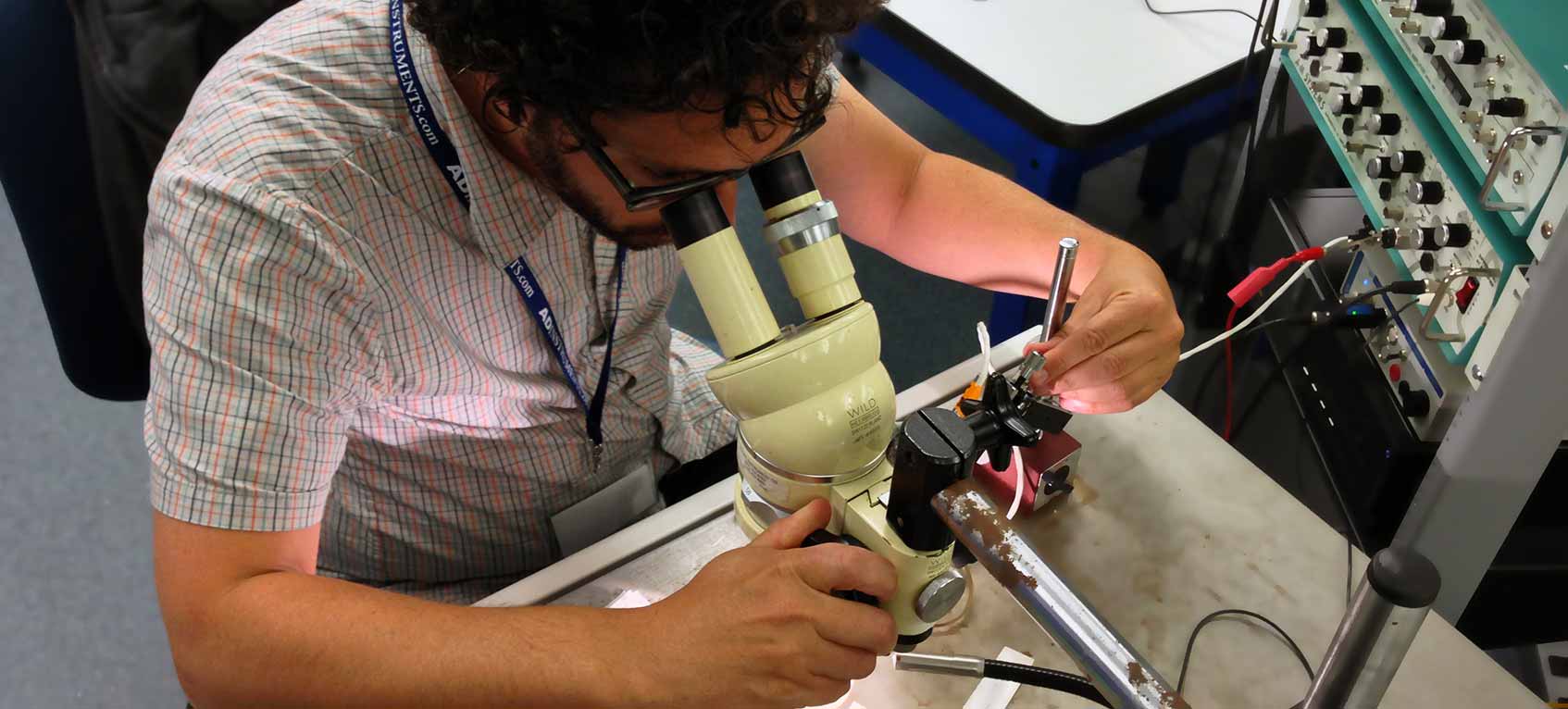
Erik Zornik of Reed College
"This scholarship was crucial for me to be able to attend Crawfly 2013, since financial support from my institution is very limited. I greatly enjoyed Crawfly, and benefitted a lot in terms of new methods and concepts for my own teaching at Universidad de los Andes (Bogotá). Also, attending CrawFly and being able to carry out intracellular electrophysiological experiments enabled me to consider a new field of potential research in Colombia that I had previously not considered."
Jorge Molina
University of the Andes, Bogota, Colombia
Additional Resources
Below are a list of useful websites and recent webinars that were recorded and have made available to the general public.
Webinars
- Cornell CrawFly workshop recap
- Intro to Neurophysiology: The Earthworm Action Potential
- Neuroscience Fundamentals Using Scope, Peak Analysis and Spike Histogram
Websites
LabChart Experiments
Download one or all four collections of LabChart teaching experiments for Animal Physiology, Biochemistry/General Biology, Human Physiology and Psychophysiology.